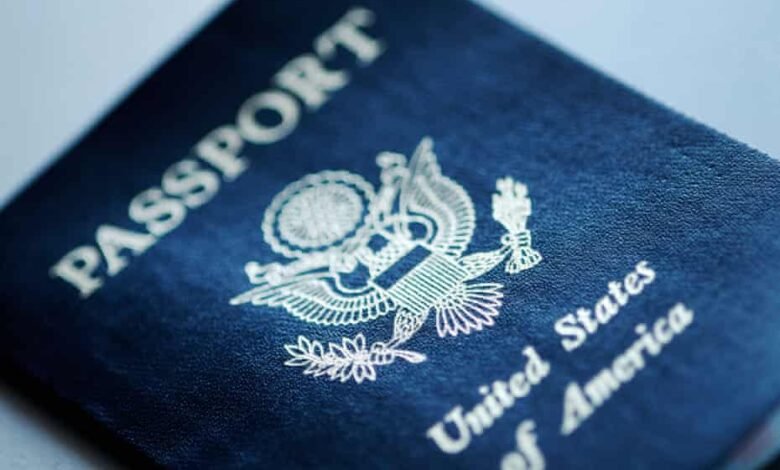
In a dramatic shift that signals a changing landscape in global mobility and soft power, the United States passport has dropped out of the world’s top 10 most powerful passports for the first time in two decades.
According to the latest Henley Passport Index—a definitive ranking measuring the number of countries a passport holder can visit without requiring a visa—the US passport now ranks 12th globally, tied with Malaysia. This marks a significant descent for a nation that held the top spot just ten years ago and was ranked 7th as recently as last year.
The reigning champion is Singapore, which secures the title with visa-free access to an impressive 193 destinations. South Korea follows in second place with 190 destinations, and Japan holds the third spot with 189. Asian nations now heavily dominate the upper echelons of the index.
The decline is about more than just numbers. Christian H. Kaelin, the index creator, noted that the drop signals a “fundamental shift in global mobility.” While US passport holders can access 180 destinations visa-free, a key factor driving the lower ranking is a lack of reciprocity. The US currently allows only 46 other nationalities to enter its borders without a visa, a policy gap that nations like Brazil, China, and Vietnam have recently cited when ending or limiting visa-free entry for Americans.
Analysts suggest the stagnation is compounded by stricter US immigration and travel policies enacted in recent years. This decrease in soft power is already having consequences: the firm reports a surge in interest among Americans for acquiring dual citizenship, with some experts calling “multiple citizenship the new American dream.” The results highlight a growing trend where nations prioritizing international openness and cooperation are rapidly advancing, leaving nations that have traditionally relied on past privilege to fall behind.







